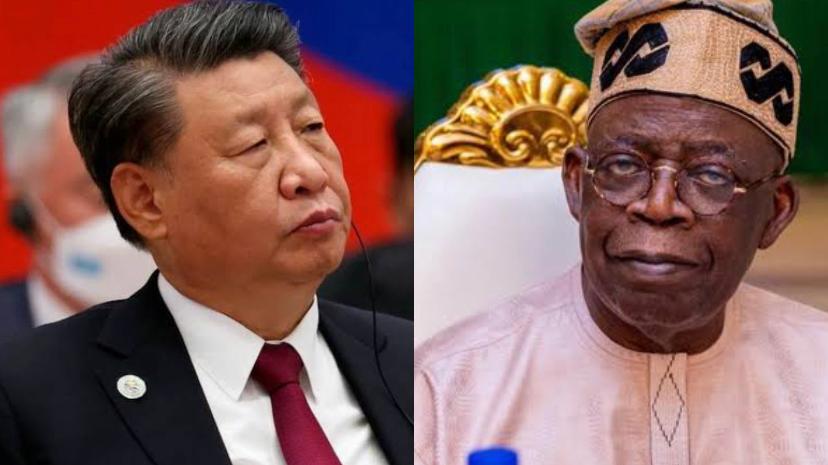
CURRENT REPORT BLOG Recent revelations from the International Monetary Fund (IMF) suggest that the deceleration of China’s economic growth could have consequential effects on Nigeria’s economy. This warning comes as China, a significant economic partner for sub-Saharan African countries, experiences a decline in growth.
Economic Ties Between China and Sub-Saharan Africa
The IMF highlights that China has established deep economic connections with countries in sub-Saharan Africa over the past two decades. These ties encompass various sectors, including trade in metals, minerals, and fuel. China is a crucial trading partner, responsible for purchasing one-fifth of the region’s exports and supplying most manufactured goods and machinery.
Impact on Nigeria’s Growth
As China grapples with a slowdown in economic recovery due to a property downturn and reduced demand for its manufactured goods on a global scale, the IMF predicts potential repercussions for Nigeria. A one-percentage-point decline in China’s growth rate could result in an average growth reduction of 0.5 percentage points in Nigeria, affecting oil-exporting countries like Angola and Nigeria the most.
Ripple Effects on Sovereign Lending
The IMF further notes that the effects of China’s economic slowdown extend to sovereign lending to sub-Saharan Africa. Last year, sovereign lending to the region fell below $1 billion, marking the lowest level in almost two decades. This decline signals a shift away from significant infrastructure financing, impacting the region’s economic landscape.
Adaptation Strategies for Sub-Saharan African Countries
In response to these challenges, the IMF suggests that sub-Saharan African countries, including Nigeria, need to adapt to China’s growth slowdown and declining economic engagements. Building resilience through increased inter-African trade and the reconstruction of buffers, including tax policy reforms and revenue administration improvements, is crucial.
Opportunities Amidst Challenges
Despite the challenges posed by China’s economic slowdown, the IMF sees opportunities for sub-Saharan African countries. The strong demand for minerals supporting renewable energy development provides an avenue for forging new trade relationships and developing local processing capabilities. The IMF advises countries to enhance competitiveness by creating favorable business environments, investing in infrastructure, and deepening domestic financial markets.












